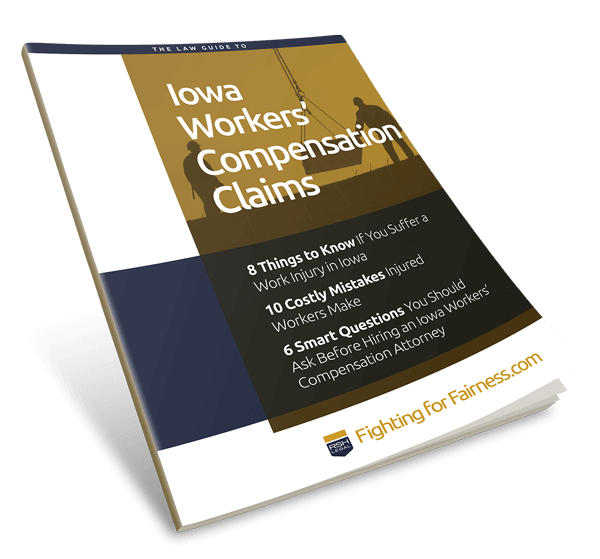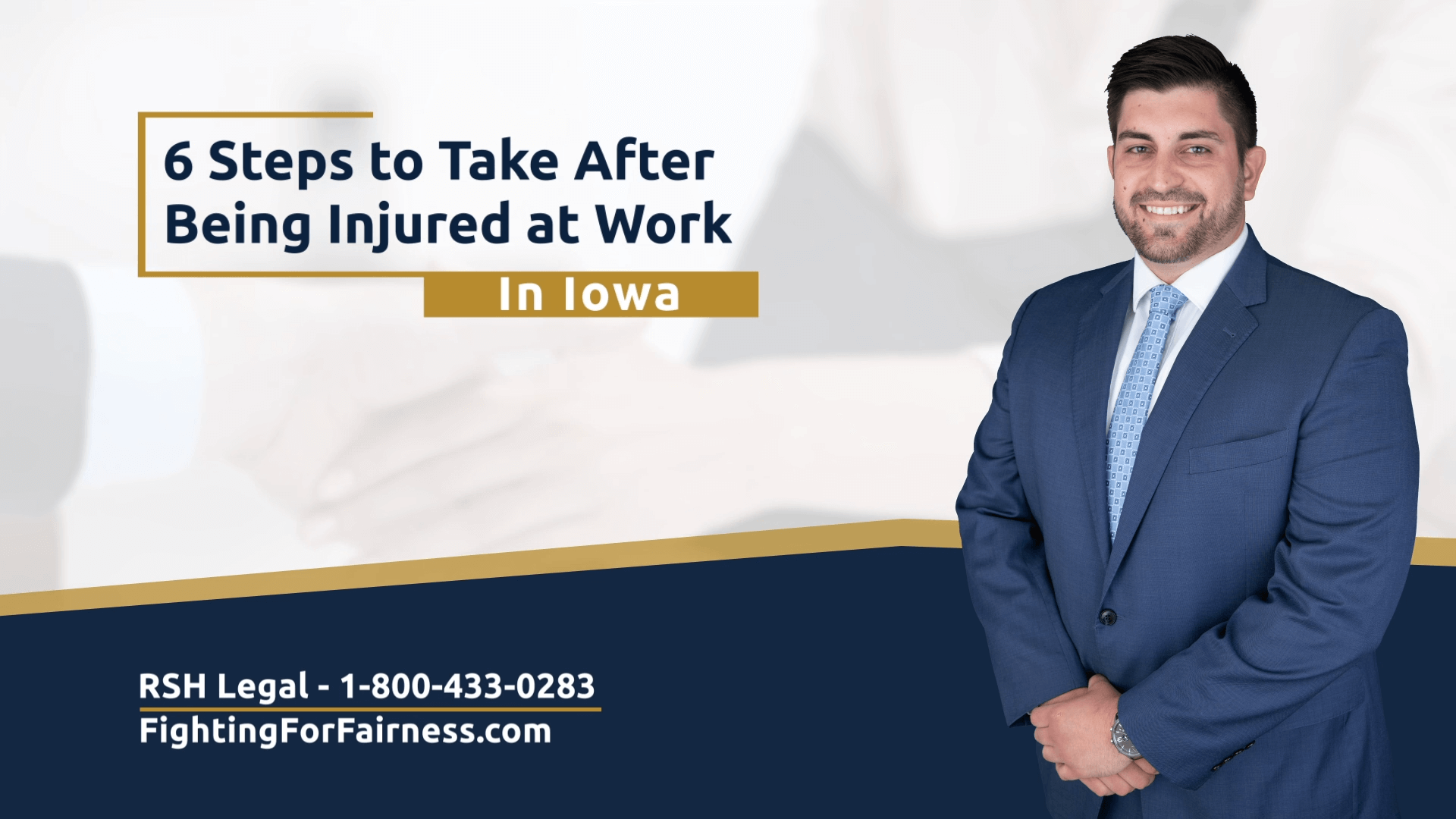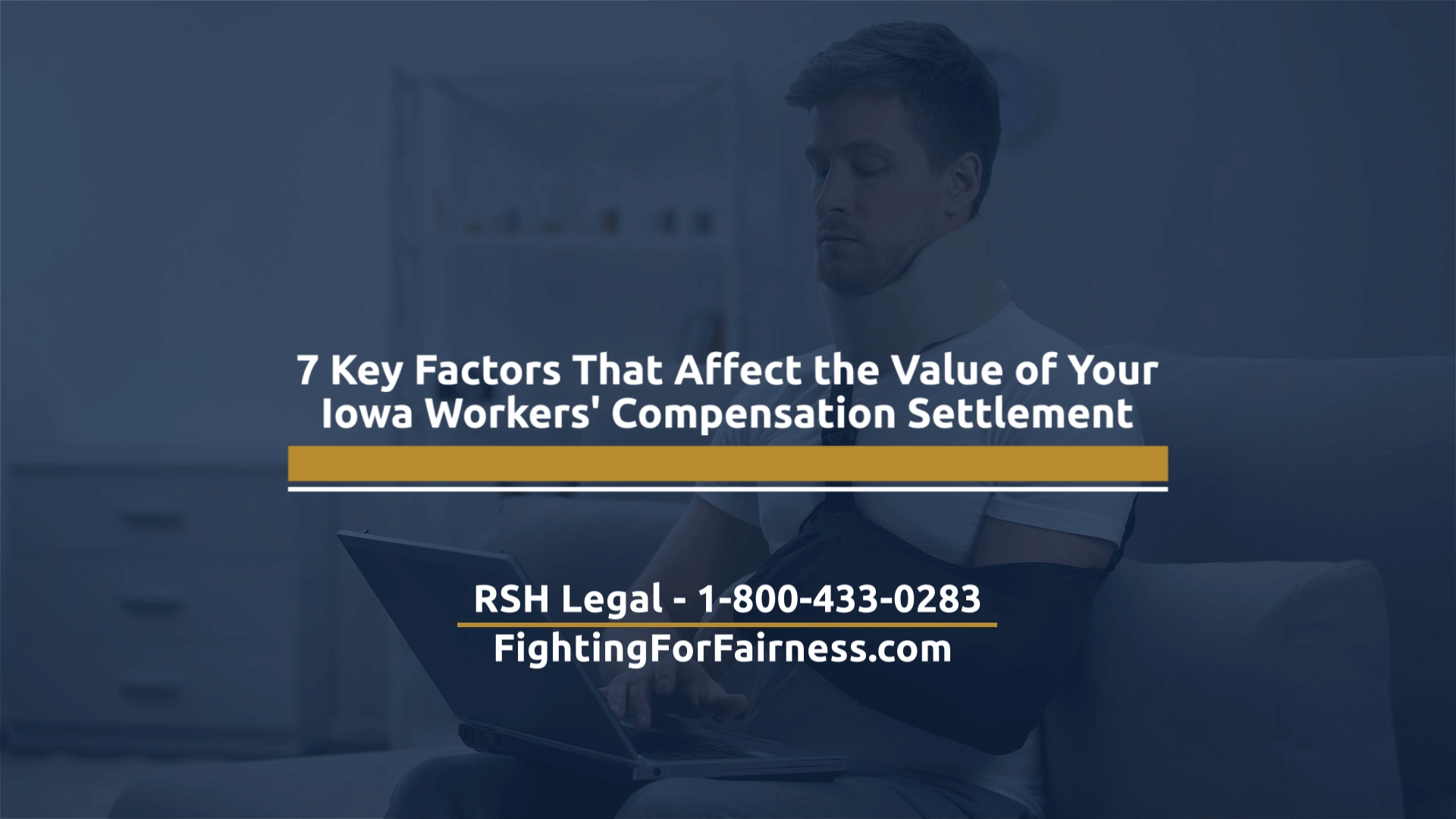In order for something to be a work injury in Iowa, it must happen at work, have some relationship to the work activities, and be medically caused by work activities. While some injures may appear to be work-related, that is not always the case. Let’s talk about some of the injuries that are not covered by Iowa workers’ compensation law.
Pre-Existing Conditions and Slow-Onset Injuries While at Work
Injuries and health impairments common to the aging process or caused by normal wear and tear are not covered by workers’ compensation. If your injury pre-existed your work activities, unless it is made substantially worse by work, it is not covered.
Injuries that come on over time may be considered work injuries – these are called cumulative trauma injuries. However, if your work injuries are not the medical cause of injuries, even though you may feel pain at work, you may not have a work injury under the law.
Injuries that Do Not Arise out of Work
There has to be some connection to your injury and your work activities in order for you to have a claim for workers’ compensation benefits in Iowa. For example, if a person has a heart attack while at work, unless the work caused the heart attack, just because it happened while you are at work does not make it a work injury.
Injuries that Do Not Happen in the Course of Work
There are many situations where an injury seemingly occurred while at work, but because of the nuanced workers’ compensation laws in Iowa, it nonetheless falls outside of a covered injury. This can include injuries that occur during certain breaks and mealtimes or when you are traveling to or from work. If you’re a traveling employee, or provided a work vehicle, whether you are “in the course” of your employment at the time of a work injury has a more lax set of rules.
Injuries Where the Iowa Employer has a Legal Defense
Employers have some legal defenses that will bar your work injury claim.
The first is the willful intent to injure oneself or another. This includes injuries as extreme as death by suicide to minor injuries resulting from punching a wall out of anger. If the injured worker’s act is a result of a work injury, it may still be compensated.
For example, an injured worker may develop depression as a result of an injury and subsequently commits suicide. If a workers’ compensation attorney can prove the suicide was caused by the work injury, the injured worker’s family may be entitled to workers’ compensation death benefits.
The second defense is that of a willful act of a third party. This occurs where an injury resulted from a personal attack against the employee. This happens where the injury results from some spite or grudge of ill-will harbored by the third party against the employee personally.
The third defense is intoxication. If an injured worker has a positive drug or alcohol test after a work injury, it is presumed the substance was the cause of the injury, and the claim will be denied. However, the injured worker can overcome the presumption by showing either they were not intoxicated or the substance found in their system was not the cause of the work injury.
Is Your Work Injury Covered by Iowa Work Comp Benefits?
The situations just discussed were only a few of the circumstances where a work injury would not be covered in Iowa. Whether you have a work injury that may fall into one of these exceptions is extremely fact specific.
Don’t take the insurance company’s word for it that your injury doesn’t fall under the workers’ compensation system. It’s important to have a consultation with an experienced Iowa work comp attorney to see if your specific situation is covered under Iowa workers’ compensation law. If you have further questions about your work injury, call RSH Legal at 1-319-774-1903.




